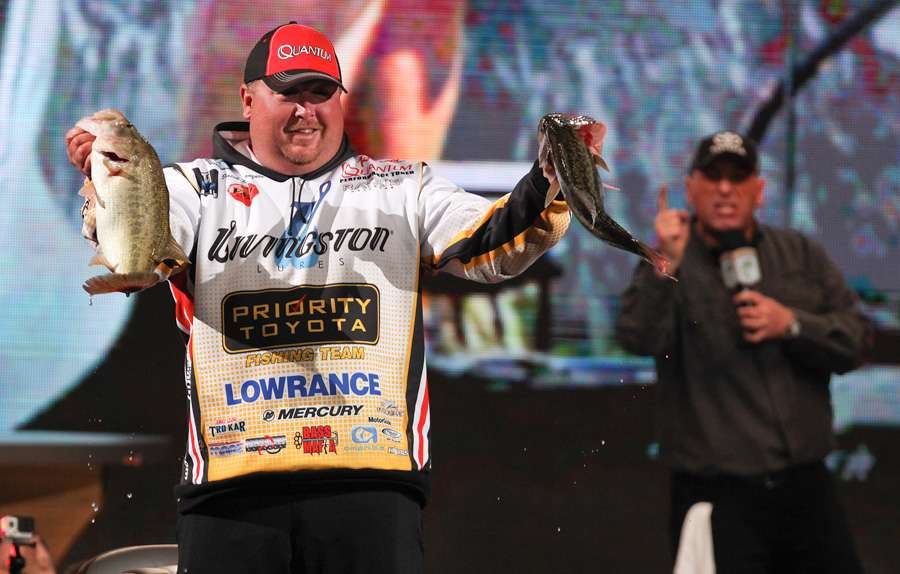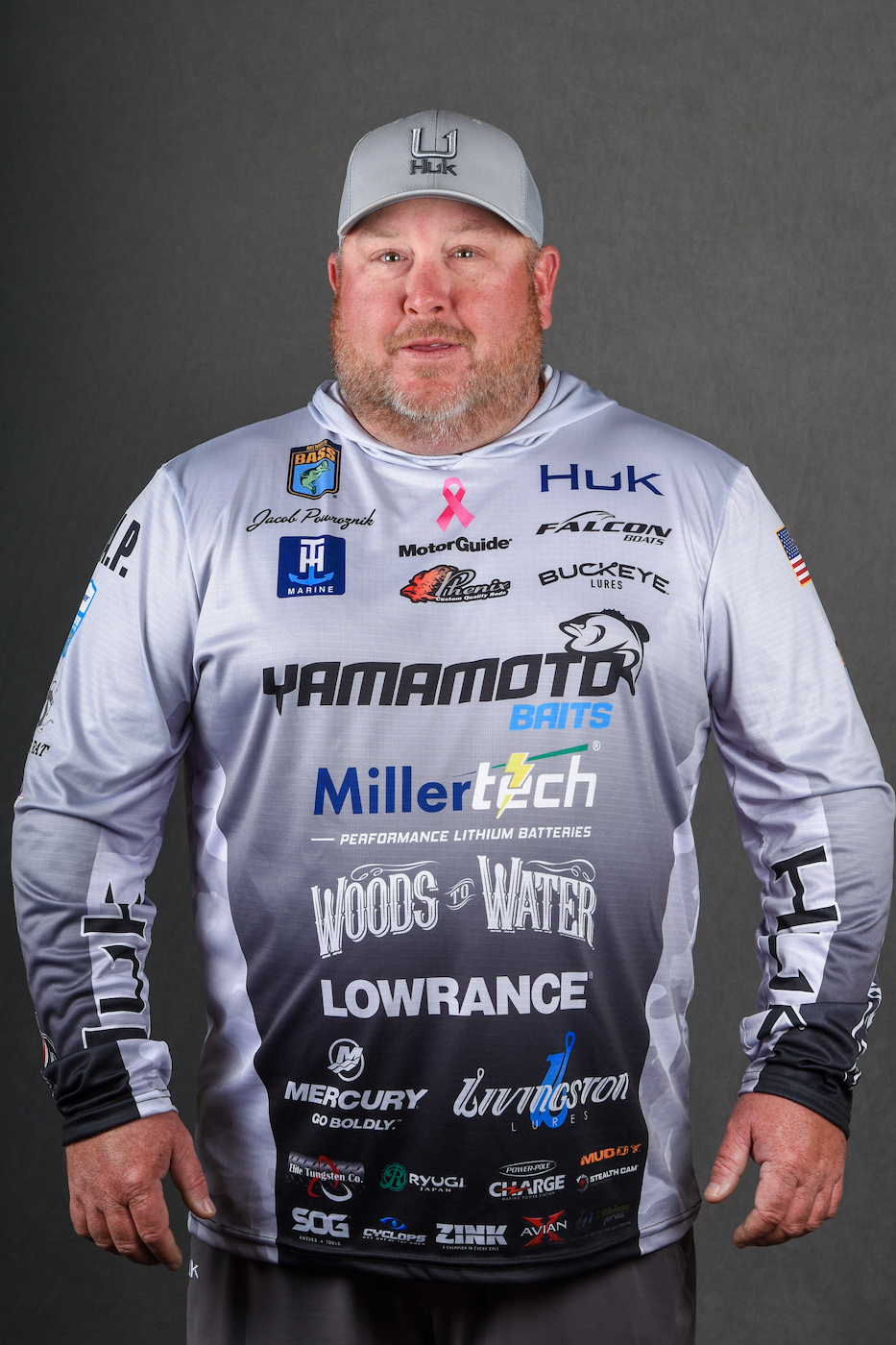
I have to admit, I was pretty honored when I got the call from Steve Bowman of Bassmaster a few months back, asking how I’d feel about him coming along on a duck hunt this winter at Blandfield Plantation, the club I guide at in Virginia. I was even more honored when Steve showed me the piece he wrote about that hunt: Powroznik’s Classic prep more than a wing and a prayer.
When push comes to shove, the most important part of that story – and the thing I think about the most as I get ready for Grand Lake and the 2016 Bassmaster Classic – is the part about decision making.
Decision making in a duck blind. In a turkey blind. In a deer stand. During a bass tournament.
In my opinion, catching a bass is easy. But finding them? Well, that’s the hard part. A lot of the process of finding bass comes down to understanding what you’re seeing, and then making the right decision based on that information.
Let’s stick with the duck-hunt analogy for a minute to illustrate my point. Let’s say you have seven duck blinds to choose from, and you make the decision in the morning to go to blind number two. Turns out that the wind is blowing a different direction than you thought it would be and you got a hard freeze overnight. Well guess what? You don’t kill a doggone thing. You probably heard the weather report the night before and had an idea that things might change, but you still went to blind number two.
You made the wrong decision.
That’s exactly how I approach a bass tournament. If I have six spots picked out, and for some reason I don’t start the morning in the right spot when the fish are biting, I’ve made the wrong decision. I can’t tell you how many times I went out in the morning thinking I was going to catch fish a certain way, and by the end of the day, I’m 180 degrees from where I thought I was going to be.
My decision making starts the minute I fire up that 250 Mercury on the way out, and it doesn’t end until the last second of legal fishing time. If you’re a new duck hunter, deer hunter, tournament fisherman, and you’re not comfortable making those kinds of decisions on the fly, that’s probably where you’re hurting yourself.
It’s not easy! I think that’s what makes me a little different from most anglers or hunters. From the time I was a little kid, my dad allowed me to figure things out on my own in the woods and on the ponds and lakes we fished. I learned at an early age that if you’re hunting something – be it birds or fish – and they’re not where you thought they’d be, you have to do something else.
Decision making on the Grand (Lake) stage
When you turn 55 of the best bass fishermen in the world loose on Grand Lake in early March, there’s not a one of us who’s head-and-shoulders better at beating a bank, throwing a jerkbait or getting a pre-spawn fish to bite. But I can promise you this: The one guy out of 55 who makes the best decisions that week has a darn good chance of being the next GEICO Bassmaster Classic champion.
Look at the fishery where we are competing. Grand Lake will fish completely different than it did when most of us scouted it back before the cutoff date. The weather over the next two weeks leading up to the Classic is going to fluctuate between warm and cold. It’ll rain, heck maybe it’ll snow, but that big ol’ lake is going to demand that you make smart decisions if you want to compete for that trophy.
The first bite I get in practice will tell me everything I need to know. Whether I find that first fish out on a point or on a rock or under a dock or running down the bank with a Primetyme2.0, that fish will tell me the whole story.
Is that fish using a channel bank as a travel route, heading into the back of a pocket? Is he on the first dock going into that pocket, using it as a transition point? Is he out on a flat just outside the pocket, feeding?
All of these things provide me information how those fish might situate themselves if it gets warmer or colder during Classic week, and it all affects how I’ll make my decisions come tournament day.
Grand Lake really fits my style of fishing, and I’m really excited about the Classic. It reminds me a whole lot of a lake I fish back home in Virginia, and the conditions look to be setting up to suit the style of fishing I like best. Now, I realize, nothing is ever guaranteed in an event like this, but I hope I make the right decisions and maybe improve on my fifth-place finish in last year’s Classic.

